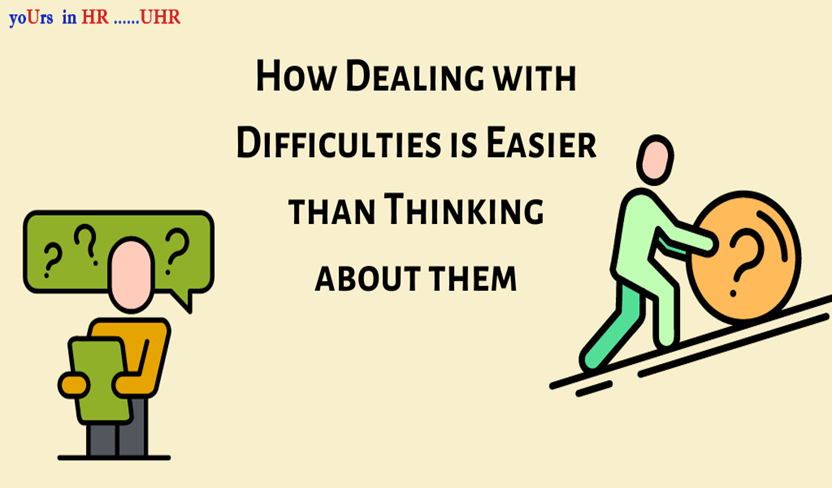
Shreya had just landed a dream job. At least what was supposed to be a dream job.
It was a high post with a prestigious multinational company. A job that attracted not just prestige and results but even considerable envy. But somehow as she started to work at the company, the initial excitement started to wear off. It’s not that the job hadn’t lived up to its expectations- it had given Shreya everything- her desired income, recognition and incentives. It had given her everything except one thing: the feeling that she was being herself.
As we hold this thought, let us take one more example of someone who landed their (supposed) dream job. Along with Shreya, Sumit joined the same company- the dream of many. But unlike Shreya, Sumit couldn’t get as much recognition for his work. He was well qualified, and he did the best according to his abilities, but somehow, things just didn’t feel aligned for Sumit.
Although the Sumit couldn’t perform well, and on the other hand Shreya did manage to get her due recognition, at the core, they both had the same issue- a prestigious company just didn’t make the job feel good, and one ended up feeling out of place and drained. Going to work every day and doing even the simplest of tasks became a struggle for Shreya and Sumit.
Fast forward to a year and Shreya had started her own company dealing with sustainable fashion. It was a small company, nowhere close to the prestigious multinational she was a part of earlier, but everyday Shreya looked forward to going to work. The awards she got for entrepreneurship felt meaningful to her. She found the challenging work of finding investors and increasing the reach of her new company mentally stimulating, and despite the hard work, she rarely felt drained.
Let us fast forward to Sumit and he had become the general manager at a small company. He had quit the multinational company and started a new job at this smaller company. From the start, unlike the multinational company, Sumit felt at ease, and found the work challenging in a good way. The company wasn’t too well-known when Sumit joined, but as Sumit found his path in the company, that started to change. Over time, the company became one of the most well-known companies in the field: the company and Sumit both had grown with and through each other.
In both the examples above, is a golden lesson in authenticity. Rather than simply aiming for prestige and jobs that look great on paper, one can aim for a job that fits their own sense of authenticity. Prestige and recognition will follow as wonderful ‘side-effects.’
Shreya as a person was someone who believed in sustainability, loved fashion and loved challenges, and hence starting her own company didn’t feel like a big draining challenge as compared to the prestigious job at the big multinational even though on paper, objectively speaking, it was supposed to be the other way around. Sumit gained fame and fortune out of a supposed smaller company, and helped the company rise as well. Turns out, what is ‘on paper’ can change!
One may land a job that is a dream to many; one may even find great or some success in it. But is the job your dream? Is the success meaningful to you? These are the questions that matter in the long run. Perhaps the adage ‘work at the job you love and you won’t have to work a day’ finds a renewed meaning this way.





